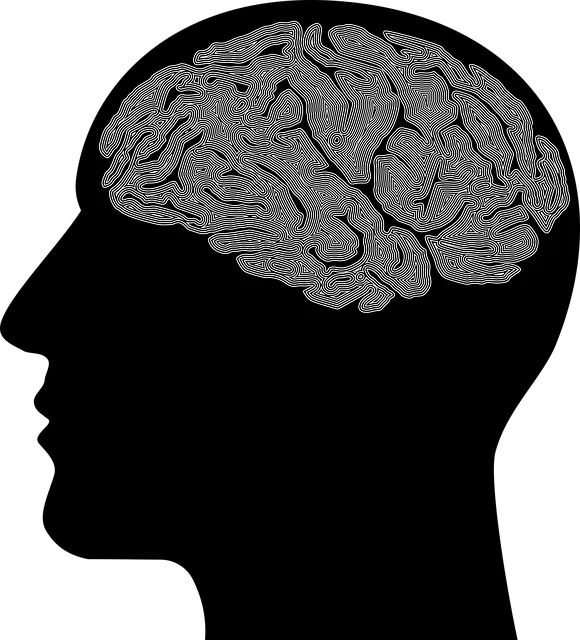The Westminster Kaiser Permanente mental health center, led by its visionary owner, advocates for responsible media representation of mental illness to combat stigma and promote understanding. They collaborate with media creators to ensure accurate, nuanced portrayals through expert consultations, lived-experience narratives, and educational programs. By fostering partnerships between media and healthcare providers, they aim to enhance public discourse on mental wellness, reduce stigma, and improve outcomes for those facing psychological challenges.
Mental illness representation in media significantly influences societal perceptions and understanding of mental health. This article explores the impact of media portrayal, highlighting the positive shift through initiatives like the Westminster Kaiser Permanente Mental Health Center. We delve into strategies to enhance accurate and empathetic depictions, emphasizing the crucial role of collaborative efforts between media and healthcare providers. By examining these approaches, we aim to foster a more nuanced and compassionate public discourse on mental health.
- Understanding the Impact of Media Portrayal on Mental Health Perception
- Westminster Kaiser Permanente Mental Health Center: A Model for Positive Representation
- Strategies to Enhance Accurate and Empathic Mental Illness Depictions in Media
- Fostering Change: Collaborative Efforts Between Media and Healthcare Providers
Understanding the Impact of Media Portrayal on Mental Health Perception

The media’s portrayal of mental illness can significantly shape public perception and understanding of psychological conditions, particularly among younger audiences who are still developing their worldviews. When media platforms, such as television shows or movies, depict mental health struggles in a sensationalized or stereotyped manner, it can lead to harmful consequences. For instance, portraying individuals with depression as lazy or those with anxiety as overly-dramatic reinforces negative stigmas and may discourage those facing genuine mental health challenges from seeking help.
At the Westminster Kaiser Permanente mental health center by owner, we recognize the power of responsible media representation. It is crucial to present a more accurate and nuanced view of mental illness to foster empathy and reduce the stigma associated with it. This can be achieved through various means, such as incorporating crisis intervention guidance in entertainment content or designing mental health education programs that provide accurate information. By doing so, we aim to improve self-esteem and encourage individuals to prioritize their mental well-being, potentially leading to better outcomes for those navigating these challenges.
Westminster Kaiser Permanente Mental Health Center: A Model for Positive Representation

The Westminster Kaiser Permanente Mental Health Center stands as a beacon of hope and accurate representation in media portrayal of mental illness. As a leading healthcare provider, this center offers a holistic approach to patient care, addressing not just symptoms but also the underlying causes. By prioritizing Westminster Kaiser Permanente mental health center by owner values and expertise, they foster an environment that encourages inner strength development and promotes effective conflict resolution techniques.
Their innovative practices extend beyond clinical care, engaging in robust mental health policy analysis and advocacy. This commitment ensures that media narratives reflect the complexity of mental health issues, challenging stereotypes and promoting empathy. Through their dedicated efforts, the center sets a powerful example for media representation, paving the way for a more nuanced and compassionate public discourse on mental wellness.
Strategies to Enhance Accurate and Empathic Mental Illness Depictions in Media

The representation of mental illness in media plays a pivotal role in shaping public understanding and reducing stigma. To enhance accuracy and empathy, creators should collaborate with experts like those from renowned centers such as the Westminster Kaiser Permanente mental health center by owner. Involving individuals with lived experiences is another powerful strategy; their insights ensure authentic portrayals. Incorporating educational programs designed to promote mental health awareness among both cast and crew can significantly improve sensitivity. Additionally, risk management planning for mental health professionals within production teams is crucial to support staff well-being during the creative process. Self-awareness exercises can also foster a deeper understanding of mental health issues, leading to more nuanced storytelling.
Fostering Change: Collaborative Efforts Between Media and Healthcare Providers

In tackling mental illness representation in media, fostering collaborative change between media entities and healthcare providers is paramount. Organizations like Westminster Kaiser Permanente Mental Health Center, owned by a visionary entity, can lead this charge. By partnering with media outlets, these centers can offer firsthand insights into the nuances of various mental health conditions, thereby encouraging more accurate and empathetic portrayals in film, television, and news media. This collaboration isn’t merely about ensuring positive representation; it’s about burnout prevention for both healthcare professionals and individuals struggling with mental illness who often face stigmatization.
Community outreach programs implemented by such partnerships can significantly enhance mental health awareness. Through educational initiatives, public discussions, and interactive workshops, these collaborations can dispel myths, reduce stigma, and encourage open conversations about mental well-being. By integrating diverse voices and experiences into the media narrative, these efforts ensure that stories of resilience and recovery resonate with audiences worldwide, paving the way for a more inclusive and supportive society.
The representation of mental illness in media has a profound impact on public perception and understanding. By showcasing accurate, empathetic, and diverse narratives, as demonstrated by the innovative practices at the Westminster Kaiser Permanente Mental Health Center, we can challenge stereotypes and foster greater acceptance. Collaborative efforts between media outlets and healthcare providers are crucial to enhancing these depictions, ensuring that stories of mental illness resonate with authenticity and compassion. Adopting these strategies not only empowers individuals living with mental health conditions but also contributes to a more inclusive and supportive society.




